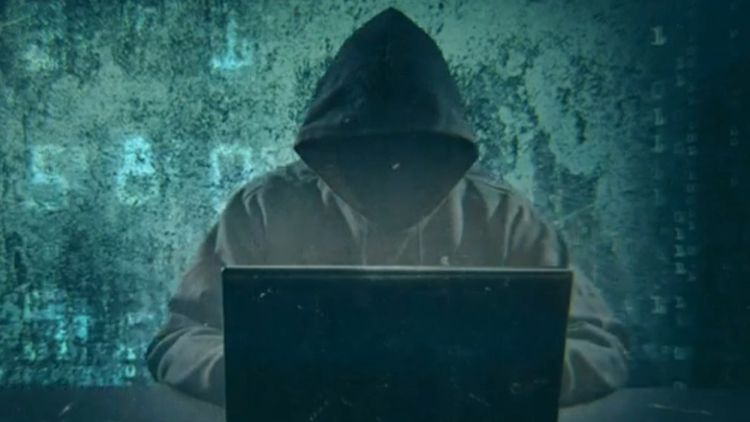Washington: When Republican Representative Lauren Boebert cracked a racist, Islamophobic joke about Democratic Representative Ilhan Omar in the US House of Representatives, it wasn’t the first time she mocked the Muslim congresswoman.
Boebert had derided Omar during a House floor debate last month, taunting the Somali-born, Muslim-American immigrant as a member of the “jihad squad” of liberal lawmakers.
The House took the first formal step at a response, with a 219-212 party-line vote to approve legislation sponsored by Omar that would establish a new special envoy position at the State Department to monitor and combat Islamophobia worldwide.
In introducing the debate, Representative James McGovern, the Democratic chairman of the House Rules Committee, cited surveys showing an uptick of anti-Muslim sentiment nationwide and around the world — and the need for an energetic US response.
McGovern said the House had arrived at this moment because a colleague has “told a completely fabricated story, again and again, that implies a Muslim colleague is a terrorist […] just because they are Muslim.”
Those actions are “a stain on this entire institution”, he said, without naming Boebert, the freshman lawmaker from Colorado. “This House is better than the worst actions of a few here.”
The bill is unlikely to advance in the Senate. But the ordeal provides yet another window onto the state of affairs in the Republican Party left behind by Donald Trump, almost a year after his supporters stormed the Capitol trying to overturn Joe Biden’s election. Republican leaders are unwilling or unable to publicly admonish their own, particularly those allied with Trump, even when their everyday rhetoric borders on racist hate speech.
















































